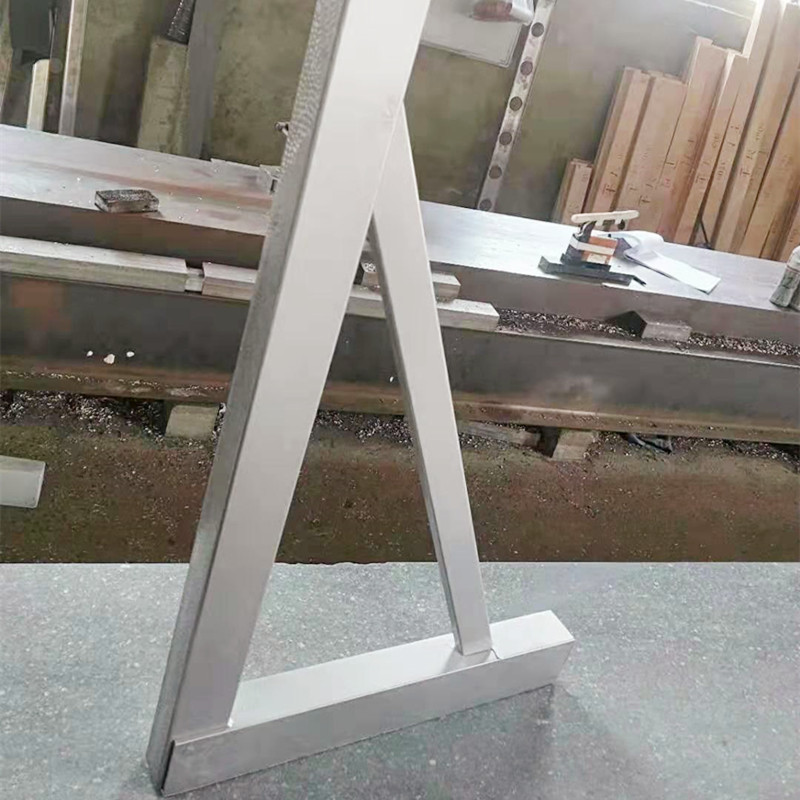Nov . 15, 2024 20:50 Back to list
types of control valves and their applications
Types of Control Valves and Their Applications
Control valves play a crucial role in various industrial processes, helping to regulate flow, pressure, and temperature within piping systems. The efficiency and performance of these systems are significantly affected by the choice of control valve, making it essential for engineers and operators to understand the different types available and their specific applications. Here, we’ll explore the main types of control valves and their corresponding uses in diverse industries.
1. Globe Valves
Globe valves are one of the most common types of control valves. They have a spherical body shape and are designed to provide excellent throttling capabilities. The flow through a globe valve can be easily adjusted by altering the position of the disc. This type of valve is ideal for applications requiring precise flow regulation, such as in steam, water, and gas pipelines. Due to their effectiveness in controlling flow rates, globe valves are widely used in power plants, chemical processing, and water treatment facilities.
2. Ball Valves
Ball valves are recognized for their quick on/off capabilities, utilizing a spherical ball to control flow. They are renowned for their durability and ability to handle high-pressure and high-temperature conditions. While they are not primarily designed for throttling, specialized ball valves can be employed in applications requiring some degree of flow control. Industries such as oil and gas, water distribution, and HVAC systems frequently utilize ball valves due to their reliability and minimal pressure drop.
3. Butterfly Valves
Butterfly valves consist of a rotating disc that opens or closes the flow through a pipe. These valves are lightweight and require less space, making them ideal for larger pipe diameters. Their operation is typically fast and allows for good throttling capabilities, though they may not be as precise as globe valves. Butterfly valves are commonly used in water treatment, food processing, and HVAC applications, often in situations where weight and space are crucial considerations.
types of control valves and their applications

4. Gate Valves
Gate valves are primarily used for on/off applications and are not typically utilized for throttling. They have a wedge-shaped gate that moves perpendicular to the flow. Given their low resistance to flow when fully open, they are found in applications such as irrigation, oil and gas transportation, and water supply systems. While they are efficient for isolation purposes, their slower response time compared to other control valve types makes them less suitable for critical control applications.
5. Check Valves
While not technically control valves, check valves are essential in preventing backflow in pipelines and ensuring that fluid flows in one direction only. They are often used in applications where maintaining the direction of flow is critical, such as in waste disposal systems, boiler feedwater systems, and pump discharge lines. Various forms of check valves exist, including swing, lift, and ball check valves, each suited to specific flow conditions and requirements.
6. Pressure Relief Valves
Pressure relief valves are critical for ensuring the safety of piping systems by preventing excessive pressure buildup. These valves automatically open to release pressure when predetermined limits are exceeded, which is essential in applications like chemical reactors, boilers, and hydraulic systems where pressure fluctuations can pose significant risks.
Conclusion
Control valves are integral components across numerous industries, each type offering distinct advantages and functionalities based on the needs of specific applications. Understanding the characteristics and appropriate uses for globe, ball, butterfly, gate, check, and pressure relief valves can help engineers make informed decisions when designing and operating fluid control systems. As technology advances, the development of control valves continues to evolve, enhancing their efficiency, reliability, and application scope in modern industrial processes.
-
Precision Manufacturing with Advanced Spline Gauge DesignNewsJul.31,2025
-
Industrial-Grade Calibrated Pin Gauges for Exact MeasurementsNewsJul.31,2025
-
Industrial Filtration Systems Depend on Quality Filter DN50 SolutionsNewsJul.31,2025
-
High-Performance Gate Valve WholesaleNewsJul.31,2025
-
Granite Surface Plate The Ultimate Solution for Precision MeasurementNewsJul.31,2025
-
Granite Industrial Tools The Ultimate Guide for Bulk BuyersNewsJul.31,2025
Related PRODUCTS









